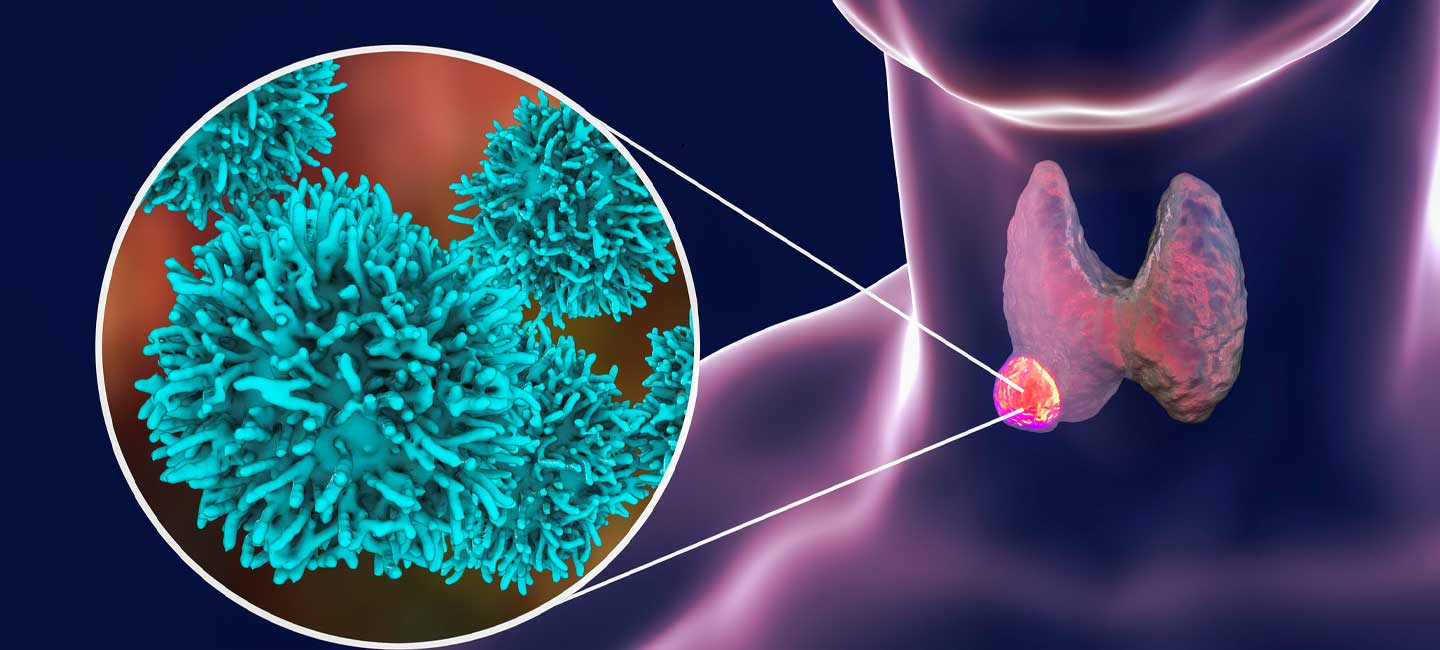What You Need To Know About Thyroid Cancer
According to the American Cancer Society, nearly 44,000 Americans will be diagnosed with thyroid cancer this year. Thyroid cancer is commonly diagnosed at a younger age than most other adult cancers, and women are three times more likely to develop the disease than men.
For Thyroid Cancer Awareness Month, we asked Dr. Sarimar Agosto-Salgado, assistant member in the Department of Head and Neck-Endocrine Oncology Program at Moffitt Cancer Center, and Dr. Kristen Otto, a head and neck surgeon, some of the most pressing questions about thyroid cancer. Here’s what they had to say:
What is the thyroid?
Agosto-Salgado: The thyroid is an endocrine gland located in the anterior neck. It’s in the shape of a butterfly and produces hormones that regulate multiple functions in the body from heartrate to bowel movements and energy. It’s an essential gland to have under control.
What are the symptoms of thyroid cancer?
Agosto-Salgado: Many times it does not present with symptoms and is found incidentally, but when it does it could be a visible lump in the neck or the nodules could have an effect on the nerves in the throat. This could present as hoarseness or difficulty swallowing.
How is thyroid cancer diagnosed?
Agosto-Salgado: We evaluate patients with a thyroid nodule with a neck ultrasound. We want to see if there’s any suspicious abnormalities. We also check if the thyroid function is normal via bloodwork. Depending on a thyroid nodule’s size and characteristics, there are several classifications we can use to determine the risk of malignancy. A biopsy will then help us determine if it’s cancer.
How do you determine whether surgery is needed?
Otto: There are indications for surgery for both benign and malignant thyroid nodules. For benign nodules we will perform surgery if the nodule is growing, causing functional difficulties or cosmetic changes. For what we call indeterminate nodules, which don’t look purely benign or cancerous, we will use surgery to make a better determination. For cancerous nodules, surgery is the main form of treatment.
How long does surgery last and how long can I expect to be in the hospital?
Otto: It varies depending on the stage of cancer and involvement in lymph nodes. In the most common cases of papillary thyroid cancer, a partial thyroidectomy takes about an hour and a half and patients go home the same day. For a total thyroidectomy, it takes about two hours. If we add in lymph node removal, it can take more than three hours and involve an overnight stay in the hospital.
Are there different types of thyroid cancer?
Agosto-Salgado: The most common type is papillary thyroid cancer, which makes up more than 80% of all cases. The most aggressive form is anaplastic thyroid cancer, which presents as a rapid growing mass and is considered an emergency. Medullary thyroid cancer is another type that is related to familial risk.
What are the risk factors for thyroid cancer?
Agosto-Salgado: In many cases we’re not able to identify the risks, but we do know that exposure to radiation and obesity have been linked to thyroid cancer. There are ongoing studies looking at endocrine disruptors in our environment to see if we can determine other risk factors.



